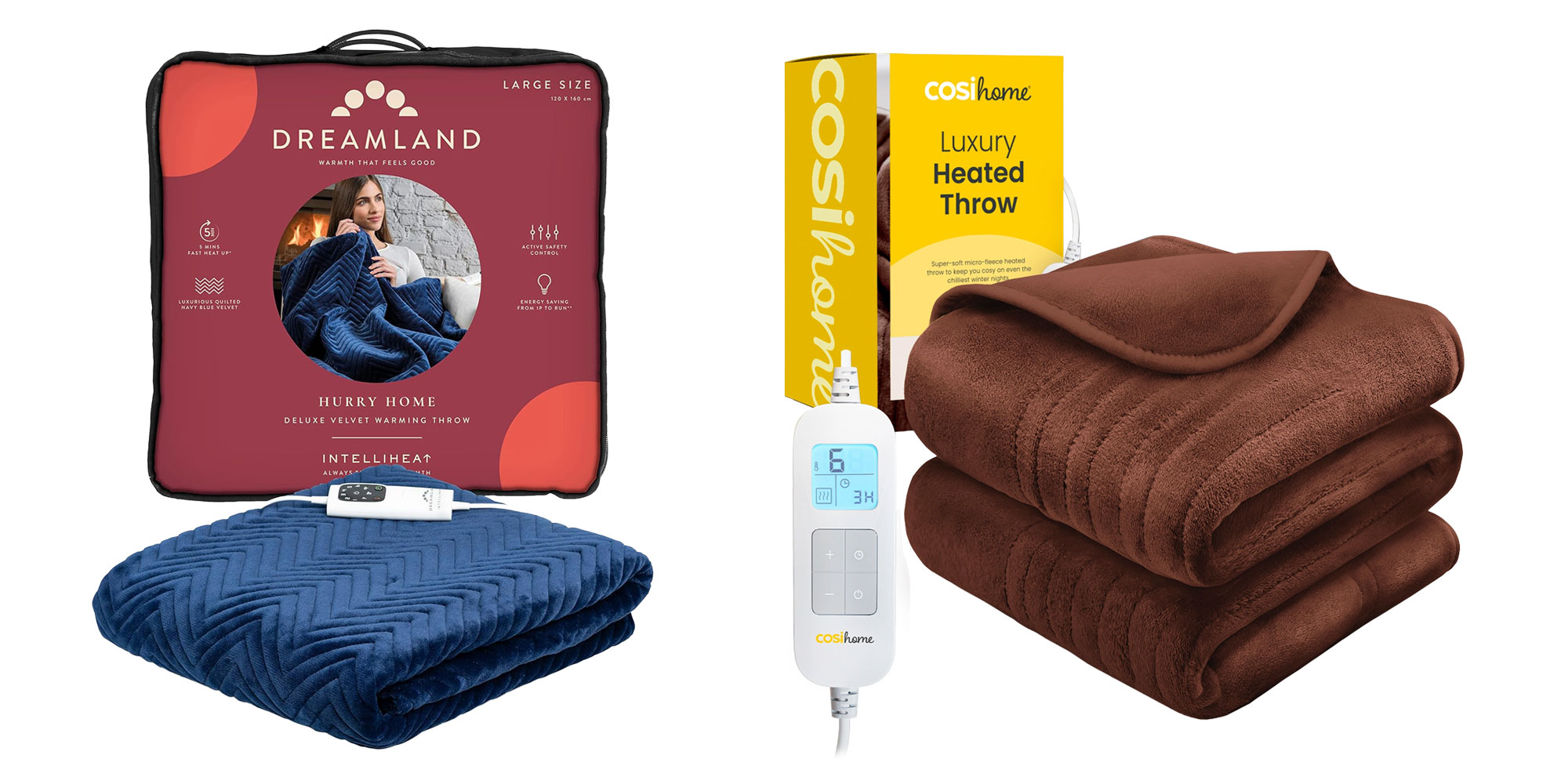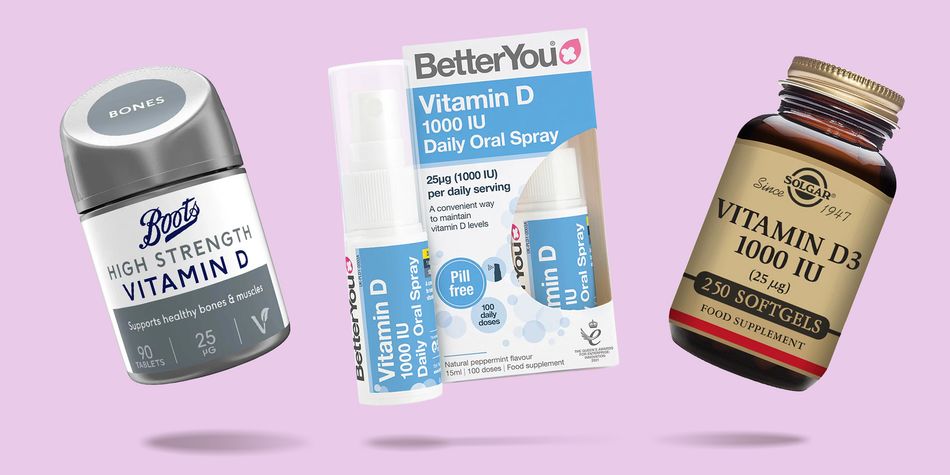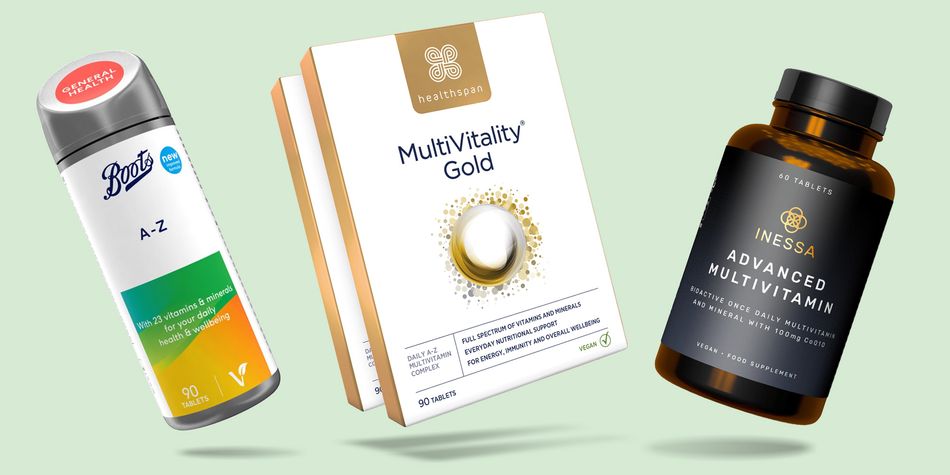By clicking a retailer link you consent to third-party cookies that track your onward journey. This enables W? to receive an affiliate commission if you make a purchase, which supports our mission to be the UK's consumer champion.
From chilblains to dry skin remedies - the products that Which? experts rely on through autumn

The clocks have gone back, the temperatures are dropping and summer is a distant memory. So what do the months ahead hold?
For some, autumn may be the season of cosy comfort, but for others it heralds the start of cold hands and feet, and endless seasonal bugs.
To help you get through autumn and winter, Which? experts have shared the products that they swear by as their own seasonal saviours.
Top up your vitamin D levels

Shefalee Loth, Which? principal researcher and nutritionist
One significant effect of the dark months and lack of light is that our vitamin D levels start to drop, and it’s important for our health to keep them topped up. Before I started investigating the best vitamin D supplements, I confess I used to think they were all of a muchness.
My assumptions weren’t completely wrong: as is often the case, price doesn’t always reflect quality. But there are real differences between products, and it's time-consuming and difficult to determine the best.
Most crucially, the form in which a vitamin or mineral is present affects how easily our bodies absorb it, known as bioavailability.
The takeaway: The NHS recommends that everyone over the age of four should consider taking a daily supplement of 10 micrograms (mcg) (400 IU) of vitamin D.
It's worth noting that many of the high street vitamin D supplements often exceed the 10 mcg daily dose, but adult daily intake of up to 100 mcg (4,000 IU) are widely considered safe. Which? tested vitamin D and here are the big brands that came out top.
Vitamin D product our expert recommends:
- BetterYou Vitamin D D1000 IU oral spray: SQUIRREL_TEXT_50022888, BetterYou.com (£5.99)
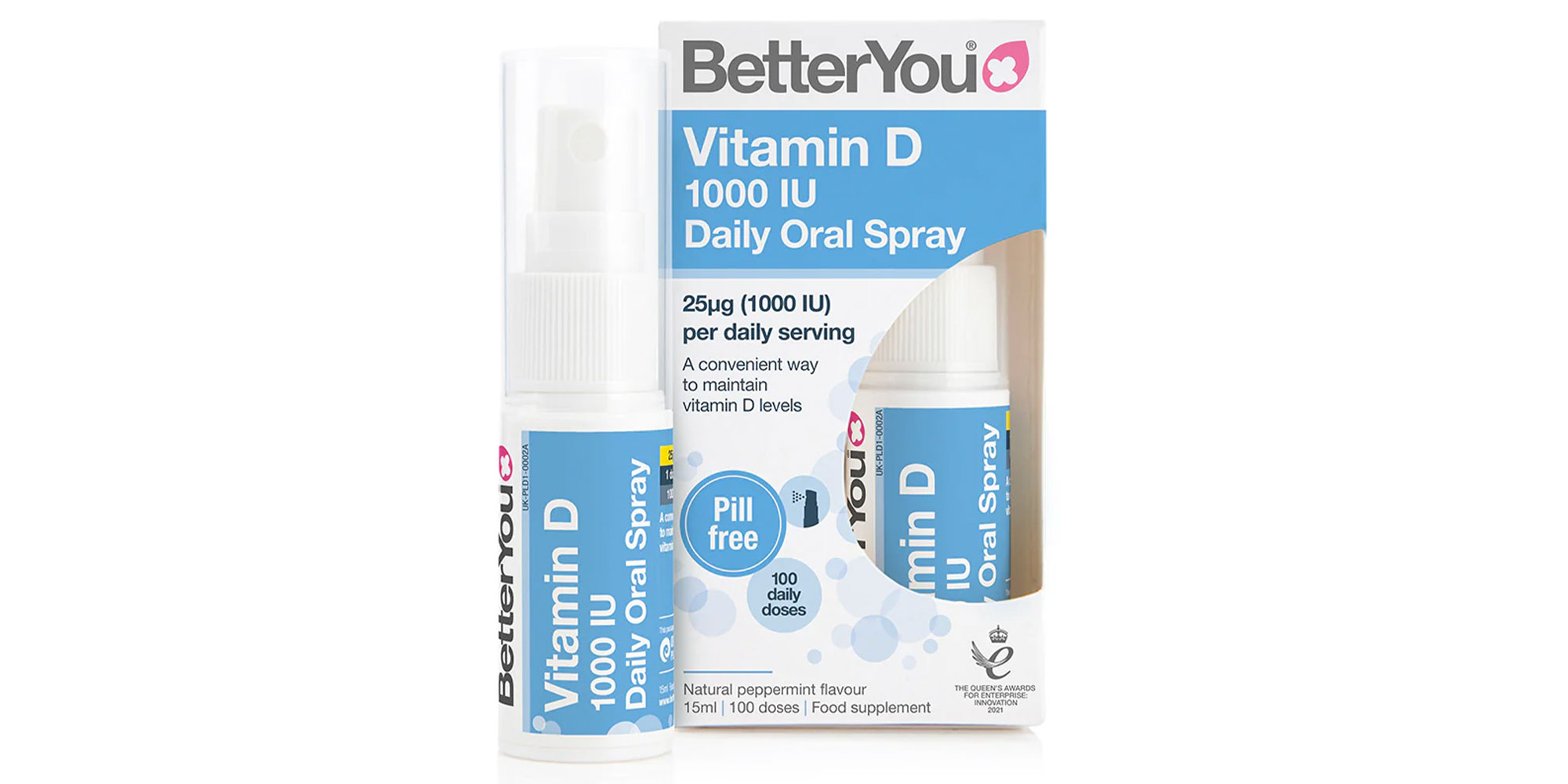
Listen to our podcast on vitamin D: everything you need to know from when to supplement to the risks of too much
Feeling the cold?
Kate Carter, Which? senior content producer
In common with up to 10 million people in the UK, I have Raynaud’s disease, a condition where blood flow to your peripheries – your fingers and toes – is temporarily reduced, most often in response to cold or stress.
During an attack, your fingers can turn white, then blue, and finally red as blood flow returns, and this can be really painful.
Avoiding episodes in the first place is the best strategy, so I carry a USB-rechargeable handwarmer or, for emergencies, a disposable one, though they aren't very environmentally friendly.
Keeping my core warm is also key, so I sometimes tuck handwarmers inside my jumper or coat. I also live in base layers, particularly for outdoor running.
I’ve tried dozens, and the best I’ve ever found is the Tracksmith Brighton. It’s far from cheap, but it lasts forever and never seems to smell, no matter how sweaty it gets. Other people swear by fingerless gloves, particularly for working (and typing) at home.
The takeaway: Investing in the right accessories can help you to stay cosy. If you're struggling with Raynaud's symptoms, you can find out more in the NHS guide to Raynaud's. It's also worth chatting to your GP if it's causing you issues or is a new symptom.
Warming products our experts like:
- Pair of USB handwarmers: SQUIRREL_TEXT_50022890
- HotHands disposable handwarmers: SQUIRREL_TEXT_50022891
- Brighton merino base layer: Available from Tracksmith (£100)
- Cashmere fingerless gloves: Available from John Lewis (£37)
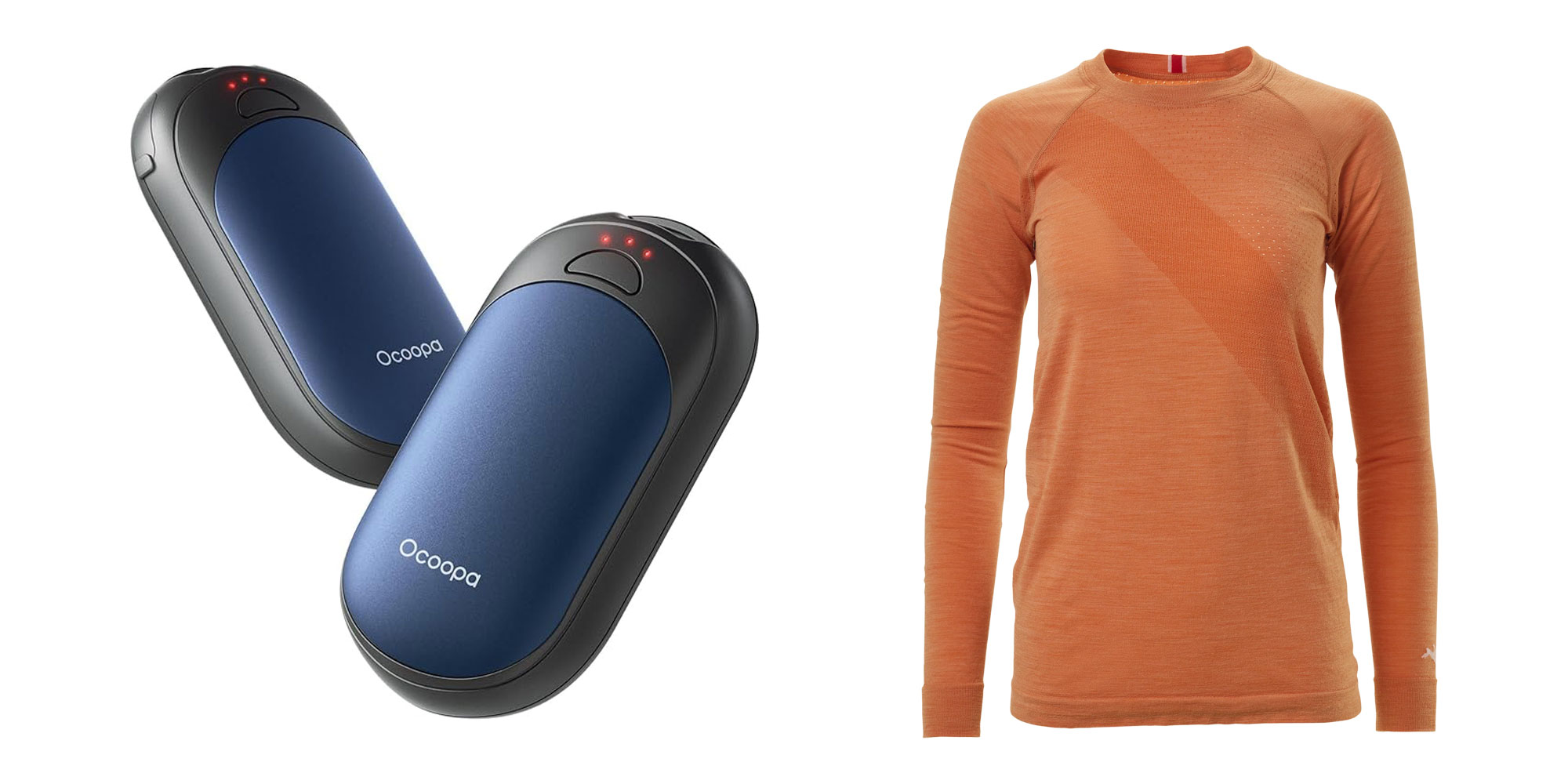
Warm up with the best electric blankets and best heated throws – tested and reviewed by independent Which? experts
Combatting dry skin

Sarah Joan Ross, Which? content editor, food, health and wellbeing
The combination of cold air and indoor living, and temperature fluctuations, often leads to dry skin. I’m a huge fan of soothing balms and rich creams to combat this on my face, hands and lips. For dry hands, try Clarins hand and nail balm, or an extra rich cream like L’Occitane shea butter intensive hand balm.
For dry or winter-chapped lips, I use a plain lip balm type and apply generously, not just to my lips but also around my nose, which gets dry and sore in winter.
La Roche-Posay Cicaplast lip balm is reasonably priced and effective. As is the Cicaplast repairing balm – it contains shea butter and glycerin to deliver intensive hydration, while the anti-inflammatory panthenol (vitamin B5) quickly soothes red and irritated skin. The dimethicone creates a physical barrier that locks moisture in and helps to shield the skin from harsh, cold weather.
Some of our Which? experts are also big fans of lanolin-based products, including Lansinoh or Dr Lipp. Lanolin is a natural wax derived from sheep’s wool (so it is usually considered vegetarian, but not vegan).
Unlike barrier-type products like Vaseline, it can penetrate the lip barrier, and there is evidence (see this 2013 study) that it can help with severe lip dryness, such as that caused by chemotherapy. However, lanolin can also cause allergic contact dermatitis in some people, so it is recommended to avoid it if you have sensitive skin.
The takeaway: Hydrate and protect using scientifically-proven ingredients. And check out the best hand creams from our tests – from budget buys to high-end luxury products.
Nourishing products our expert likes:
- Clarins Hand and Nail Treatment Cream: SQUIRREL_TEXT_50022893
- L'Occitane Shea Butter Hand Cream: SQUIRREL_TEXT_50022894
- La Roche-Posay Cicaplast Lips: SQUIRREL_TEXT_50022895
- La Roche-Posay Cicaplast Repairing Balm: SQUIRREL_TEXT_50022896
- Lanolips 101 lip balm: SQUIRREL_TEXT_50022897
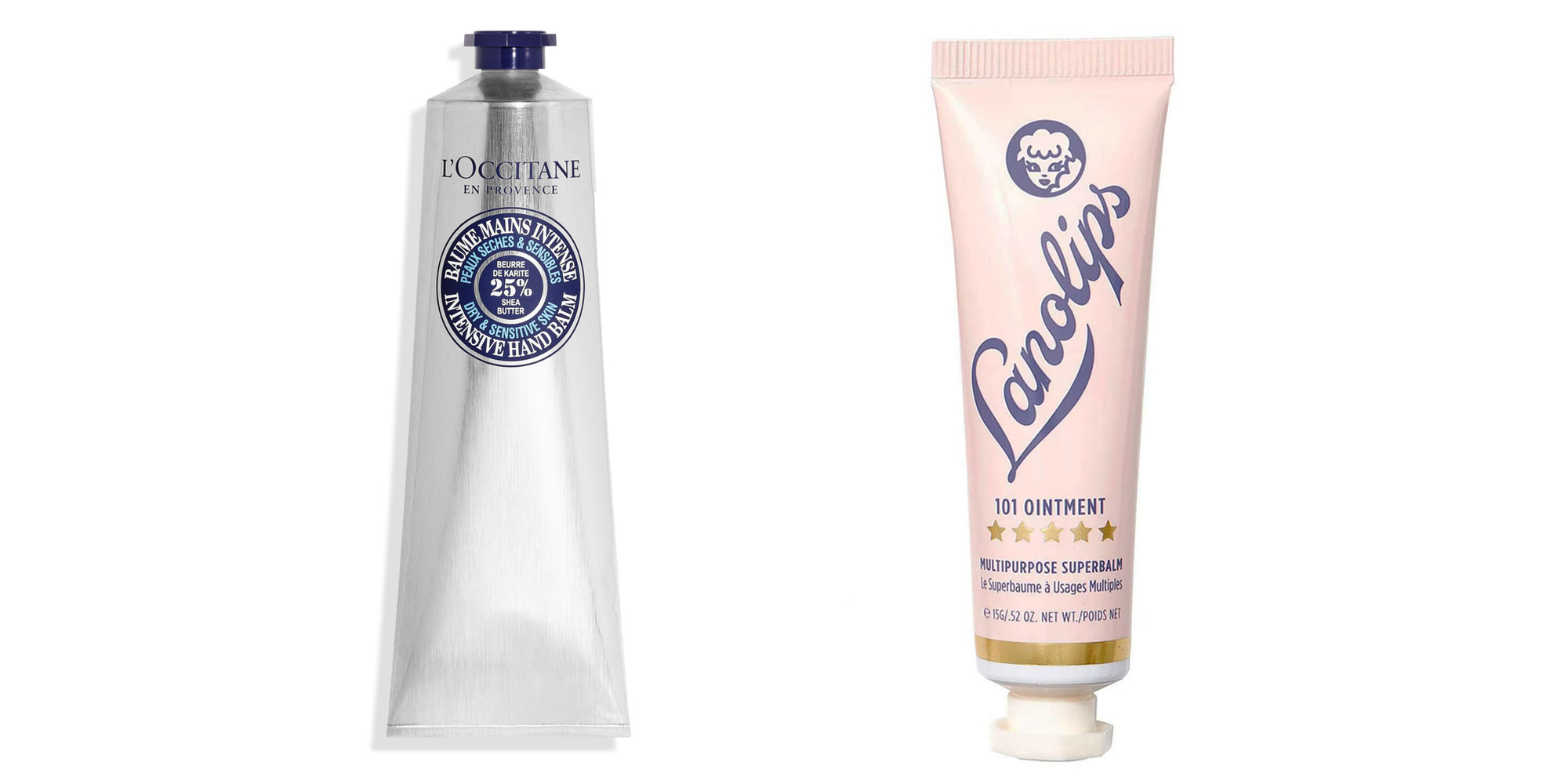
Dealing with chilblains

James Aitchison, Which? senior researcher, health and wellbeing
It's estimated that about 10% of the UK population gets chilblains at some point in their lives, and they are really not pleasant. The itchy, painful reaction to cold temperatures, most commonly affecting the fingers, toes, ears and nose, can be a real problem.
Avoidance is the best strategy – particularly for damp cold, which is a trigger for many people. But that's just not always possible. I get painful chilblains every winter, and Pernioderm Chilblain lotion does a pretty good job of soothing them.
The takeaway: Chilblains usually go away on their own, but if they don't, the NHS advice is that you see your doctor.
Chilblain relief products that our expert likes:
- Pernioderm Chilblain Lotion: SQUIRREL_TEXT_50022898
- CCS Warming Foot Cream: SQUIRREL_TEXT_50022899
- E45 itch relief cream: SQUIRREL_TEXT_50022900
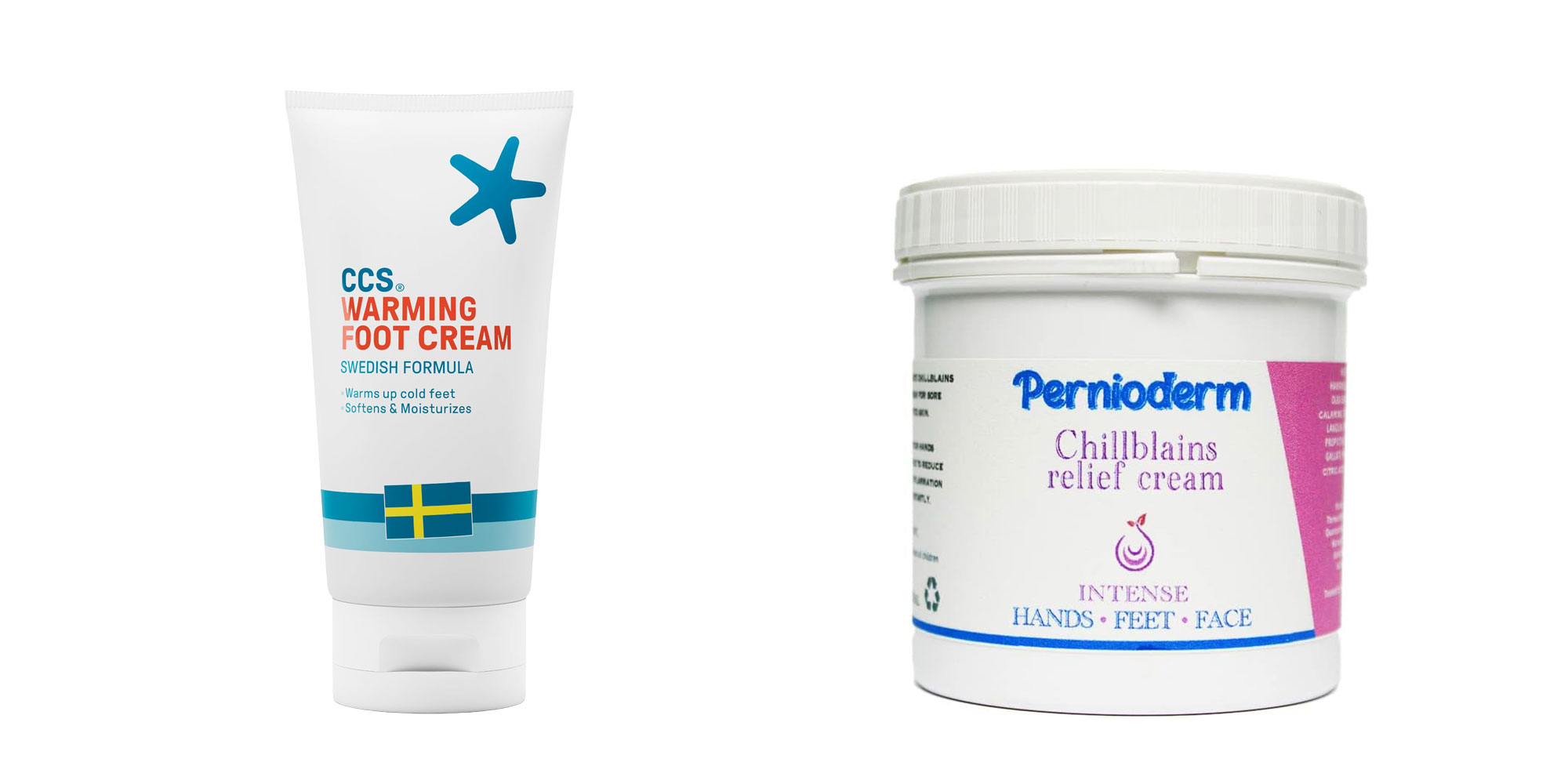
Find out the best products for a good night's sleep, tested and reviewed by independent Which? experts
Staying safe when exercising outdoors

Martha Roberts, Which? senior researcher and writer
Keeping active in winter is hard. Darkness and damp are discouraging, yet exercise is one of the best ways to boost your winter mood and physical health.
If you do opt to exercise outdoors, you must remain visible, which is especially important as nights draw in early. Enter the Halo wearable bands.
The bands easily snap on and use LED illumination rather than just reflective strips, which means they're visible even when there's no external light source, such as street lamps or car headlights.
The takeaway: Wearing LED bands on your wrists or ankles is highly effective because the movement of your limbs (when running, walking, cycling or even if you're out with the dog) catches the light. This makes it very easy for drivers see there's a person in motion. Some brands can add visibility of up to 500 metres.
A safer running product our expert likes:
- Halo snap-on bands: SQUIRREL_TEXT_50021467
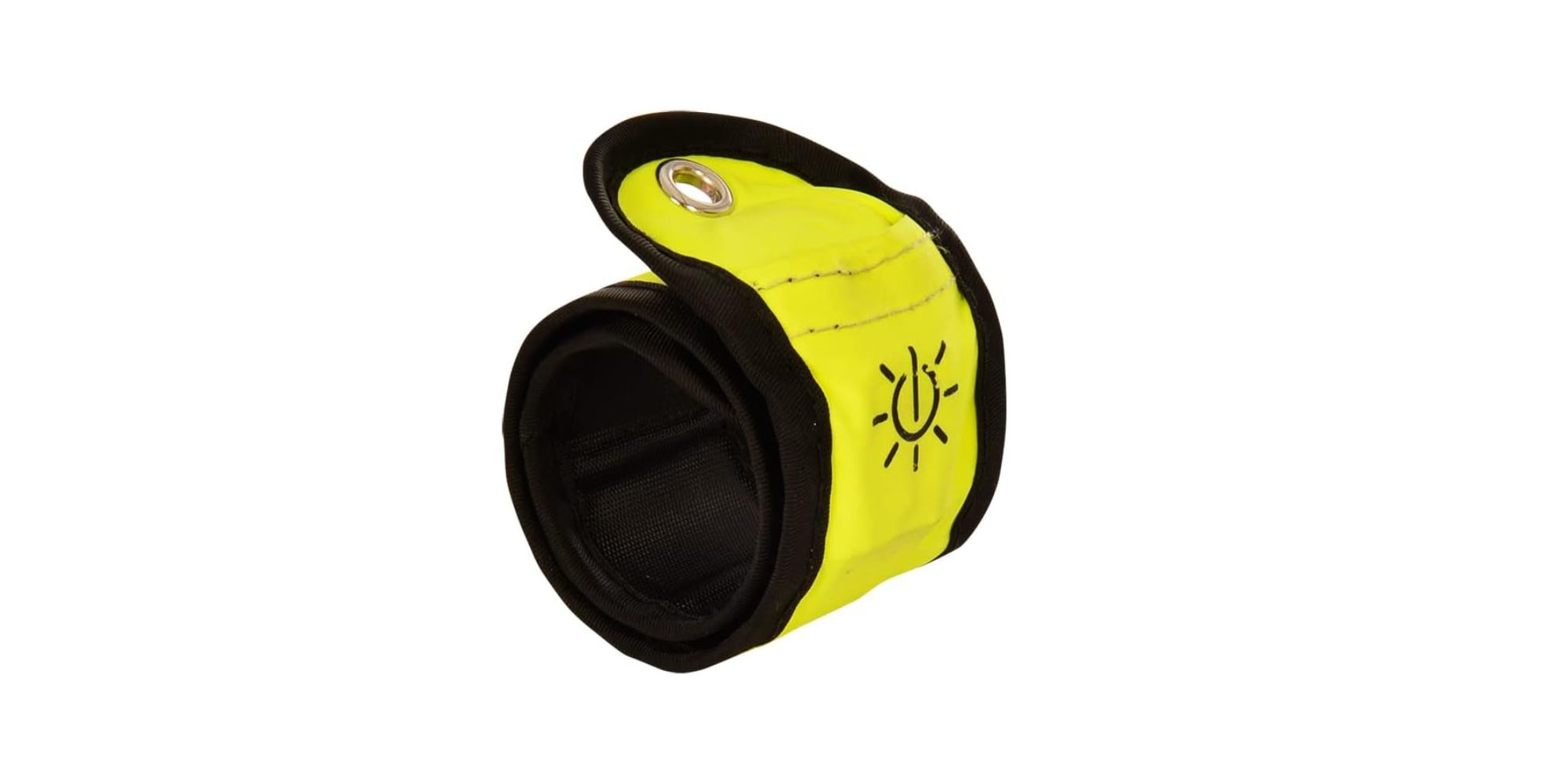
Fight off winter bugs

Jess Carson, Which? editor, food and health
Official advice on dodging winter bugs emphasises maintaining good hand hygiene (aka thorough handwashing with soap) to limit the spread of germs. But you won't always have that option.
I always carry hand sanitiser for when I need bug-busting help on the go. It's generally recommended to use one with at least 60% alcohol content.
Alcohol-based gels can be drying, though, so either pair with a good hand cream – or you could opt for a foam-based sanitiser. I prefer these because they're less sticky and dry more quickly than gel versions, and they're gentler on my hands.
There is still a bit of debate around their effectiveness vs traditional alcohol gels, but technique matters too: whichever type you use, ensure you thoroughly rub in the product until your hands are dry.
The takeaway: Handwashing is key, but a sanitiser is a valuable extra when out and about.
Hand sanitisers our expert likes:
- Boots Anti-Viral hand foam: SQUIRREL_TEXT_50022901
- Carex hand sanitisers: SQUIRREL_TEXT_50022902
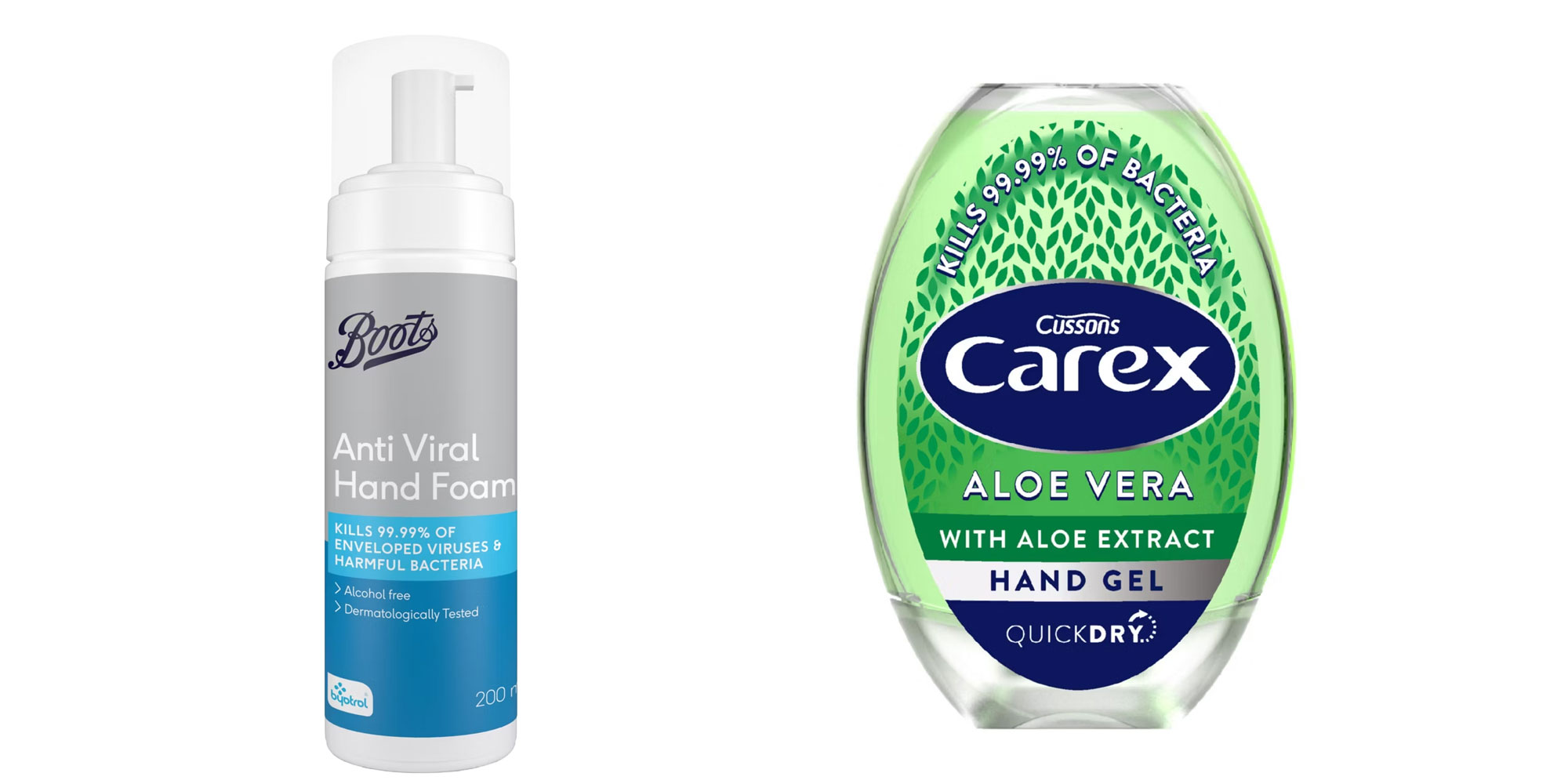
Dehumidify for a healthier home

Lisa Barber, Which? Tech editor
It’s the time of year when damp and mould thrive. Dehumidifiers draw the excess moisture from the air, helping combat condensation, as well as preventing mould growth and reducing damp.
Reading Which? research and NHS advice, I've learned that this is important not just to keep your home in a good condition, but also for your family's health. Allergy UK also state that damp and mould are common allergens, causing anything from allergic rhinitis (like having a permanent cold) to asthma symptoms and rashes and eczema.
I've also found that a good dehumidifier really helps dry your clothes effectively – find out the best dehumidifiers that we've tested.
The takeaway: Eliminating damp air is good for your home – and your health.
Dehumidifiers our expert likes:
- Pro-Breeze Omnidry 20l: SQUIRREL_TEXT_50022903
- Meaco Arete: SQUIRREL_TEXT_50009291
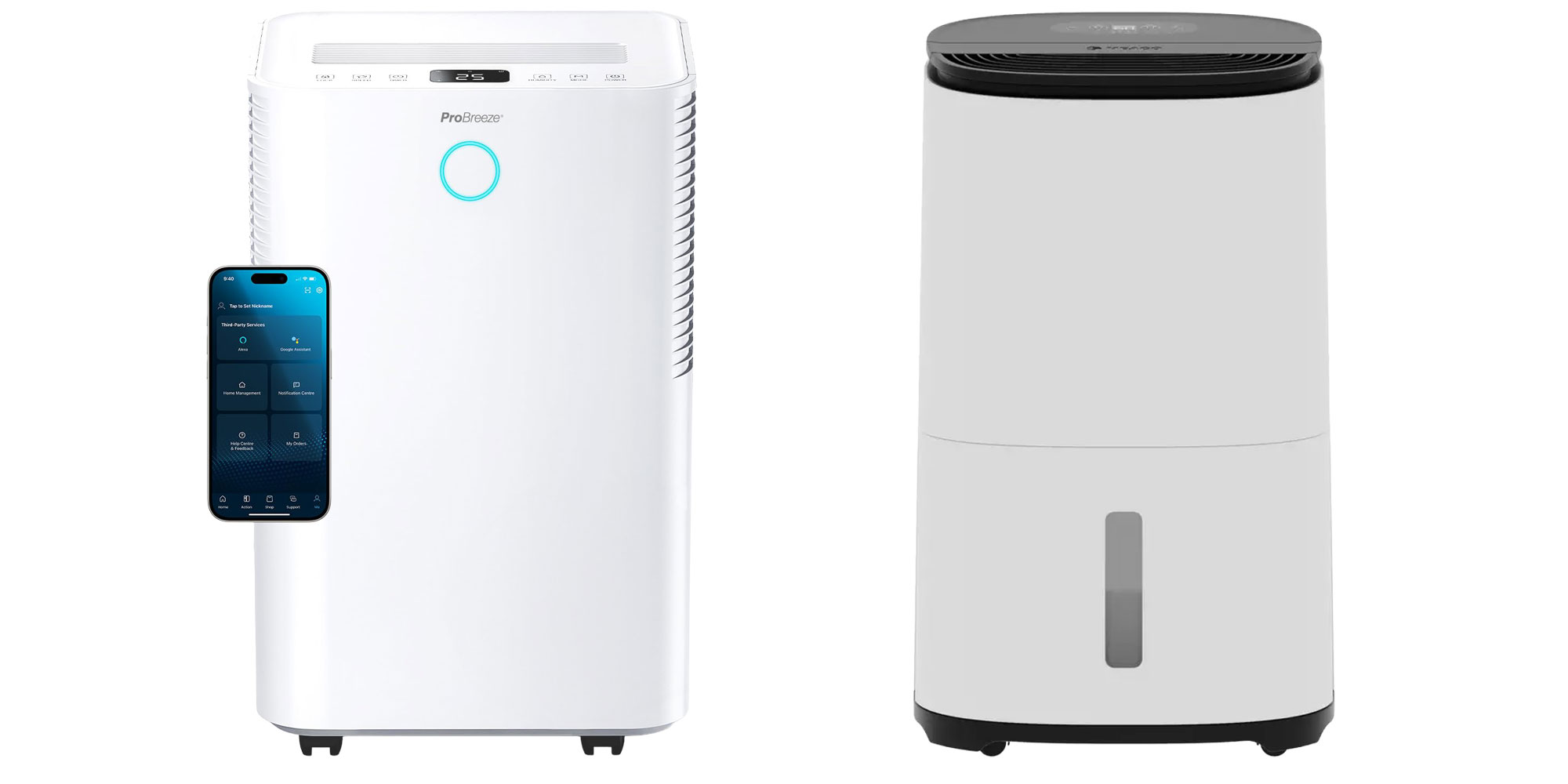
Boost your friendly gut bacteria

Alison Potter, Which? senior editor
I've always had digestive issues. In times of stress (and over-indulgent periods – hello festive season gluttony!), my gut problems flare up, and it's very uncomfortable.
Our Which? health and wellbeing experts have been researching this, and although gut health science is still in its early stages, supplementing with certain bacterial strains shows promise for specific conditions.
I started taking Symprove in January 2025 and, for me, it's been a game changer in terms of my digestive issues. It's pricey, and there are much cheaper probiotics available, but I've found it works for me and my symptoms.
The takeaway: It's worth finding out more about gut heath and taking a look at the best probiotic supplements.
Products our experts like:
- Symprove 500ml: SQUIRREL_TEXT_50022904, Holland & Barratt (£79.99 for four weeks) and Symprove (£79.99 for four weeks)
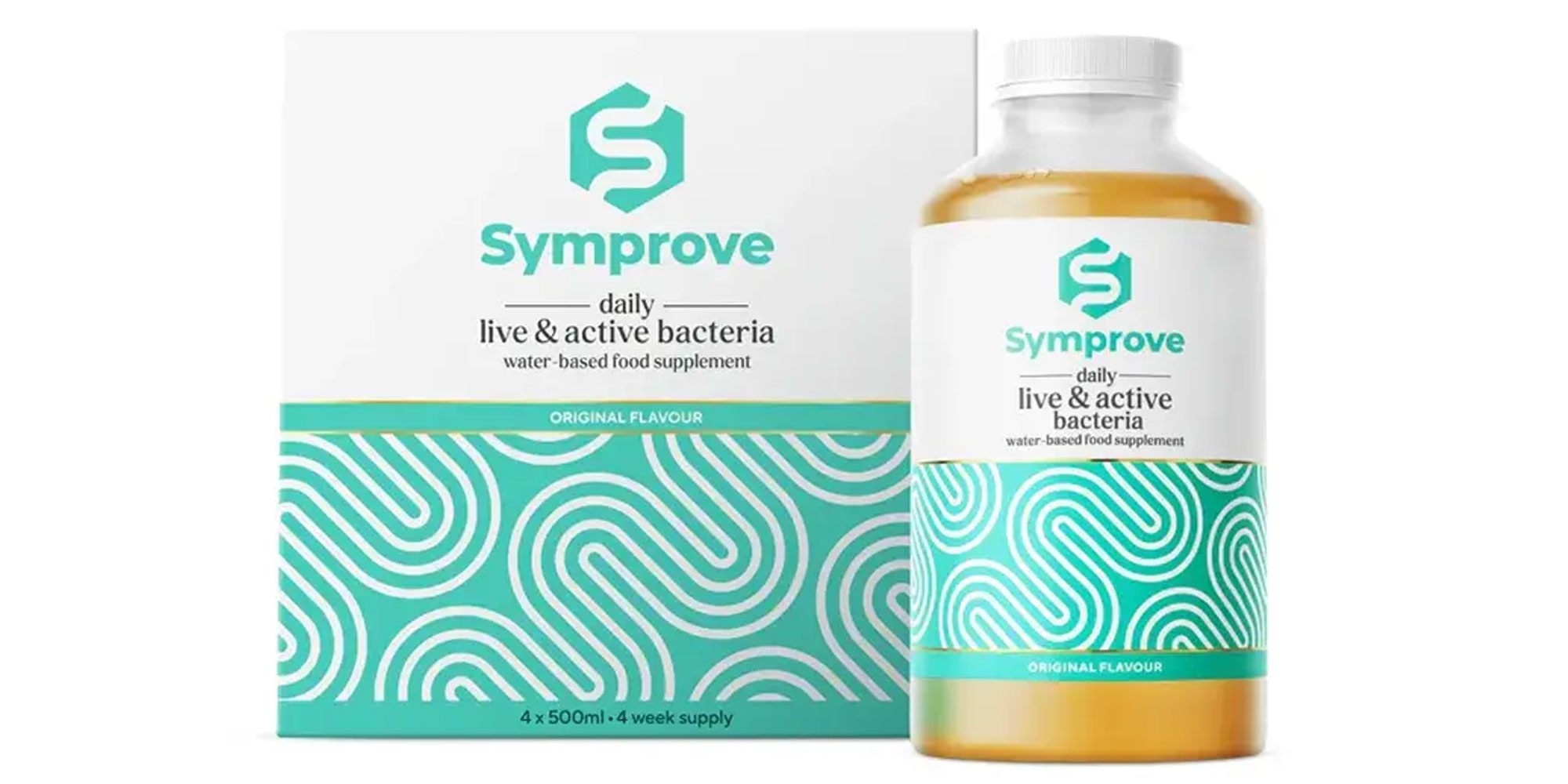
Indulge in heat therapy

Chad England, Which? product content lead
As a chronic complainer of being cold, there is something satisfying about staying warm without even touching the thermostat!
My blanket instantly makes me feel cosy, which promotes a sense of calmness the moment I settle under it.
More than just providing warmth, the consistent heat helps to soothe and relax any aches and pains I've built up throughout the day. An evening on the sofa no longer means heating the whole house just for one person, keeping my wallet cold and my feet warm.
Plus, mine even looks good when it's not switched on, so it never has to be shoved into a cupboard for summer!
The takeaway: For people who suffer from conditions such as arthritis or joint pain that is aggravated by cold, a heated blanket can provide comforting warmth that allows the body to relax into a deep sleep, improving overall restfulness. Find out more about the best electric blankets and best heated throws.
The heated blankets our expert likes:
- Dreamland Herringbone Deluxe: SQUIRREL_TEXT_50011447
- Cosi Home Luxury heated throw: SQUIRREL_TEXT_50000155
